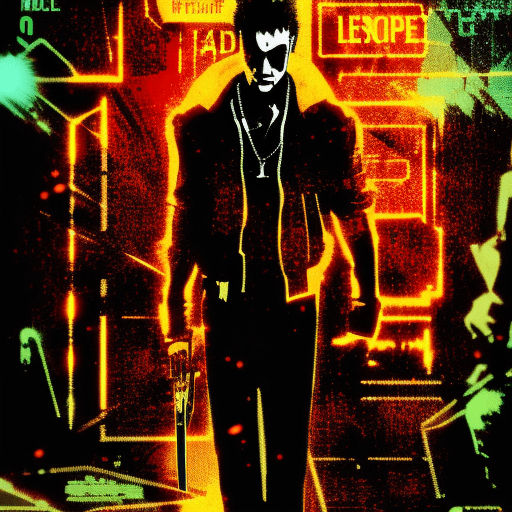One-line Summary:
In “Fight Club,” a disillusioned narrator suffering from insomnia forms an underground fight club that evolves into a dangerous anarchist movement.
The narrator, an unnamed insomniac, leads a monotonous life working as a recall coordinator for a major car company. He suffers from chronic insomnia, which leaves him feeling detached from reality. Seeking solace, he attends various support groups for diseases he doesn’t have, finding comfort in the emotional release they provide. However, his life takes a dramatic turn when he meets Tyler Durden, a charismatic soap salesman with a nihilistic worldview.
The Birth of Fight Club
The narrator’s chance encounter with Tyler Durden leads to the creation of Fight Club, an underground fighting organization that serves as an outlet for men to reclaim their masculinity and escape the constraints of society. The club’s rules are simple: no shirts, no shoes, and fights continue until someone taps out or is unconscious. What starts as a small gathering in the basement of a bar soon grows into a nationwide phenomenon, with Fight Clubs sprouting up in cities across the country.
As Fight Club gains popularity, it evolves into Project Mayhem, an anarchistic movement led by Tyler Durden. Project Mayhem seeks to dismantle the oppressive structures of society by engaging in acts of civil disobedience and destruction. Members of Project Mayhem live by a strict code, surrendering their individual identities and blindly following Tyler’s orders. The narrator becomes increasingly entangled in this dangerous world, torn between his loyalty to Tyler and his growing realization of the consequences of their actions.
The Unraveling of Identity
Throughout the book, the narrator grapples with his own identity and the duality of his relationship with Tyler Durden. As the story progresses, it becomes apparent that Tyler is not a separate person but a figment of the narrator’s imagination. The narrator suffers from dissociative identity disorder, creating Tyler as an embodiment of his repressed desires and frustrations. This revelation shatters the narrator’s perception of reality and forces him to confront the destructive nature of his alter ego.
As the line between the narrator and Tyler blurs, the violence and chaos of Fight Club and Project Mayhem escalate. The narrator becomes increasingly disillusioned with the movement he helped create, recognizing the harm it inflicts on innocent people and the potential for it to spiral out of control. He embarks on a mission to stop Tyler and dismantle Project Mayhem, ultimately leading to a climactic confrontation that challenges his own sanity.
The Themes of Consumerism and Masculinity
“Fight Club” explores themes of consumerism and the crisis of masculinity in modern society. The narrator’s dissatisfaction with his mundane existence and the emptiness of material possessions drives him to seek meaning in violence and rebellion. The book critiques the shallow values of consumer culture and the pressure on men to conform to societal expectations of masculinity. Through the lens of Fight Club and Project Mayhem, the author delves into the destructive consequences of unchecked masculinity and the allure of anarchistic ideologies.
Key Takeaways:
- The search for meaning and identity can lead individuals down dark and destructive paths.
- Consumerism and societal pressures can contribute to feelings of emptiness and disconnection.
- The line between rebellion and chaos is a fine one, and the consequences of unchecked violence can be severe.
“You are not your job, you’re not how much money you have in the bank. You are not the car you drive. You’re not the contents of your wallet. You are not your fucking khakis. You are all singing, all dancing crap of the world.”
In “Fight Club,” Chuck Palahniuk explores the depths of disillusionment and the allure of rebellion. Through the creation of Fight Club and Project Mayhem, the author delves into the complexities of identity, consumerism, and masculinity. The book serves as a cautionary tale, reminding readers of the dangers of losing oneself in the pursuit of meaning and the consequences of unchecked violence.












